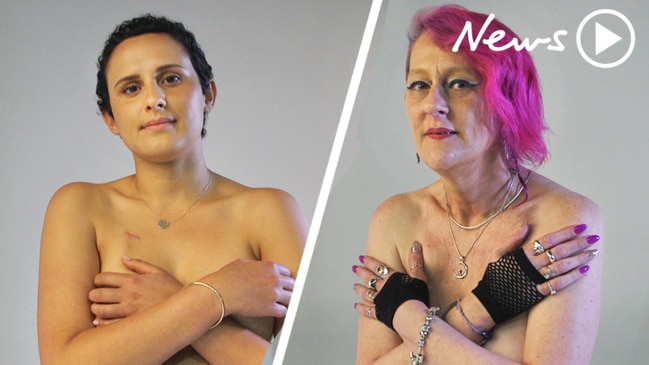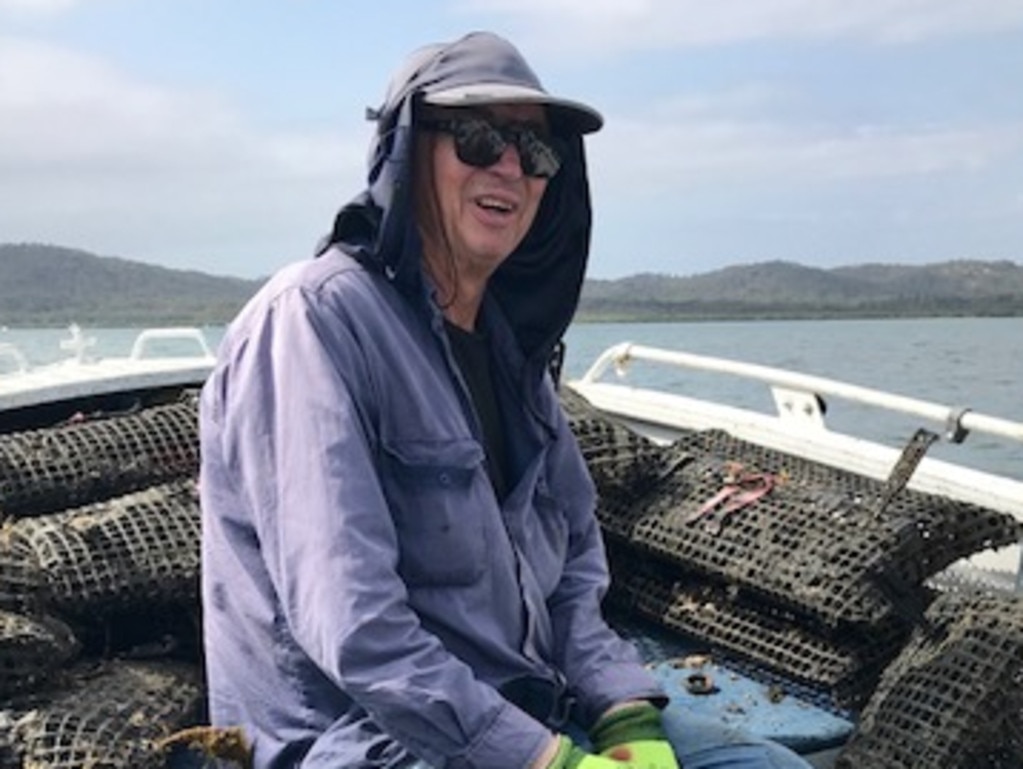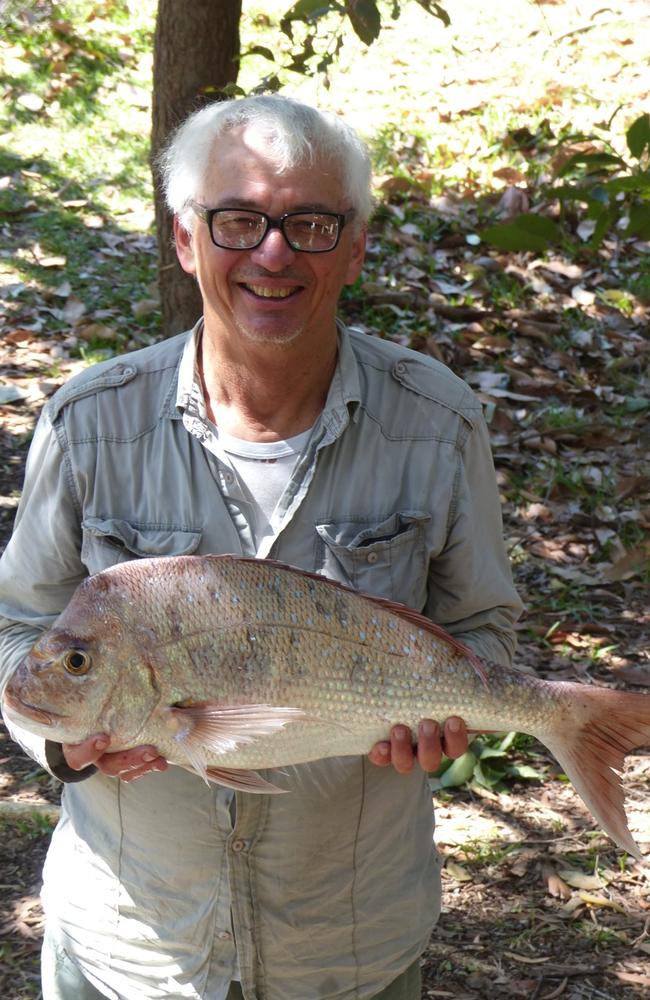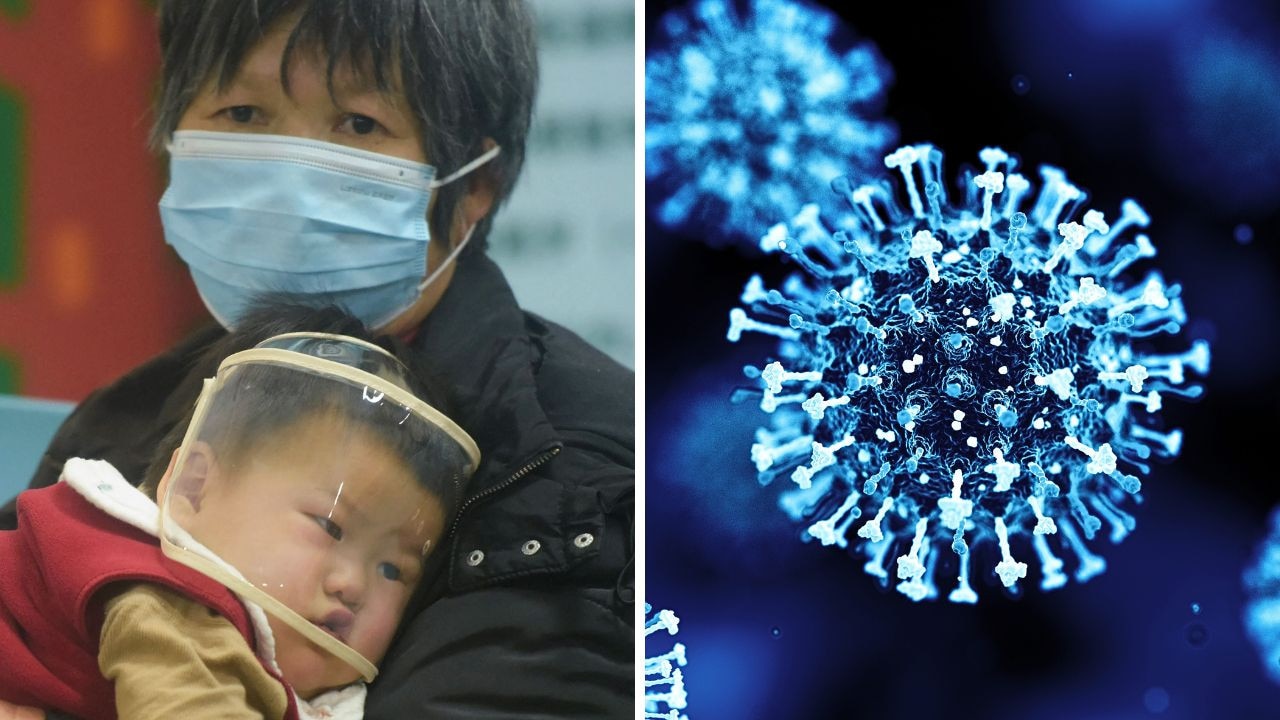Retiree’s shock discovery after fishing trip
A man’s simple fishing trip saved his life after he felt pain while holding his rod in place. But then he got the worst possible news.

Colin Cunnington was holding his fishing rod in place when he noticed a pain in his groin.
The decision to go to the doctor to get it checked out saved his life but also gave him a death sentence.
The 73-year-old was told he could be dead in six weeks after doctors checked the swollen lymph nodes in his groin only to find 50 tumours in his brain.
Three years earlier in August 2013, Mr Cunnington had been diagnosed with stage four melanoma after noticing a simple but suspicious sun spot, but he had it removed and there were no further issues.
“I went back to the hospital to get the results and they sat me and my wife down and said, ‘Look, don't worry about the melanoma in your lymph nodes, have a look at your brain scan’.
“My brain was full of small melanoma lesions. They counted to 50 and stopped, there were so many. My brain was like a Christmas pudding stuffed with melanoma lesions. It was pretty horrid.”

The grandfather of eight was happily enjoying retirement on Queensland’s North Stradbroke Island when he had to start getting his affairs in order.
“I noticed when I was fishing because I had the rod tucked against my leg,” he said.
“I thought uh-oh, this is bad news.
“It was a shock. It was quite difficult, it was Christmas time. I was trying to sort out my affairs so I spent the six weeks sitting at the computer.
“It was probably the hardest thing I’ve ever done in my life.”

Mr Cunnington said fortunately there was a study going on for immuno-oncology treatment.
He started treatment straight away and finished in 2017 and has been cancer free ever since.
“Melanoma in the brain is just terrible,” he said.
“That’s usually a death sentence. The oncologist said do you really want to know what your prospects are. She said you could be dead in six weeks.”
Immuno-oncology (IO) works by engaging the immune system and reactivating the patient’s own immune system to recognise and destroy cancer cells.
Different IO treatments can be used in combination to target different ways to fight cancer.
In 2015, Australia’s first immuno-oncology treatment was approved by the Therapeutic Goods Administration to treat patients with cancer.
IO agents give oncologists new options for some types of cancer. It is now being used in Australia to treat many cancers, including melanoma, lung, kidney and head and neck cancer.
While most Australians have heard of chemotherapy and radiation therapy, there is a distinct lack of awareness about what IO is, and many have not even heard of it.
“It’s wonderful these treatments are now available because there really wasn’t any hope for people with melanoma in the brain the way I had it,” Mr Cunnington said.
“Modern medical science, it’s a miracle.”




